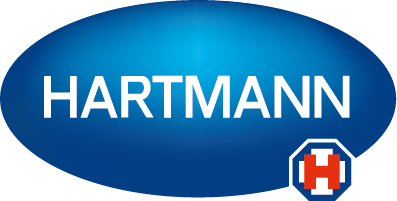Codie Whenham

Codie joined Accelerate in 2017 as a junior administrator in the corporate office.
Prior to joining Accelerate, she was a fulltime carer for a family member. Understanding the battles that people can sometimes face gave her the drive to want to transition to a more patient interfacing role within Accelerate, where Codie is able to support patient journeys.
Poster Presentation (QI category) at The Society of Tissue Viability 2022 Conference
The patient experience – the Accelerate way
Abstract
Accelerate is a small social enterprise where profits are directed back into care. Despite being a small organisation, they are known for their ground-breaking approach to treatment in wound and lymphoedema management, this is demonstrated in their unparalleled healing rates (Hopkins at EWMA, 2018: NWCS, 2022).
While they are proud of the big achievements, they also want to share the fundamental parts of care that happen with their patient services team, because they don’t care just about the ‘big stuff’ they care about the ‘smaller stuff too’ – that’s what makes The Accelerate Way.
They know that ‘navigating through the system’ for any condition can be a fraught experience, the uncertainty of the journey, visiting a new building, establishing relationships, and building trust in professionals are essential for patients (Tsianakas et al, 2011) and fundamental for Accelerate.
Patients tell them about the impact of having to retell their story, in terms of the administrative process as well as the consultation content. This lack of continuity erodes trust as people worry that things may be missed (Kingsfund, 2011), for many of their patient’s limited mobility, co-morbidities and un-wellness can make the processive even more intimidating. With this in mind they decided to develop a pathway that supports the non-clinical side of the journey. They call this ‘The Accelerate Way’ and it means that patients feel supported along every step of the journey.
Before visiting them, patients receive a video showing them what the centre looks like, and who from theirr team they will meet, including some of their patient transport drivers, so faces and places are familiar. When they arrive, they are offered hot drinks and a positive presence of their reception staff which is crucial to the patient’s feeling of wellbeing. Practitioner consistency across their administration team means there is always someone on hand who knows the patient’s situation, this stops them having to repeat their story. And their feedback tells us its working:
“I was in agony most of the year, but your lovely presence was always a soothing balm for me and took my mind off the neuropathic nightmare!”














